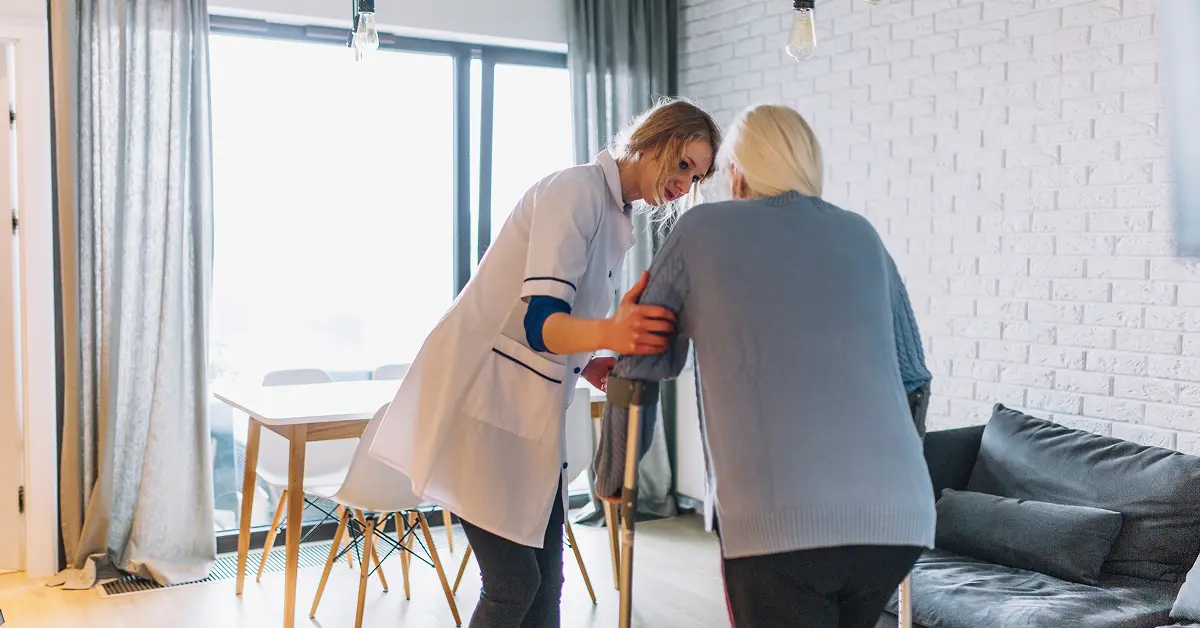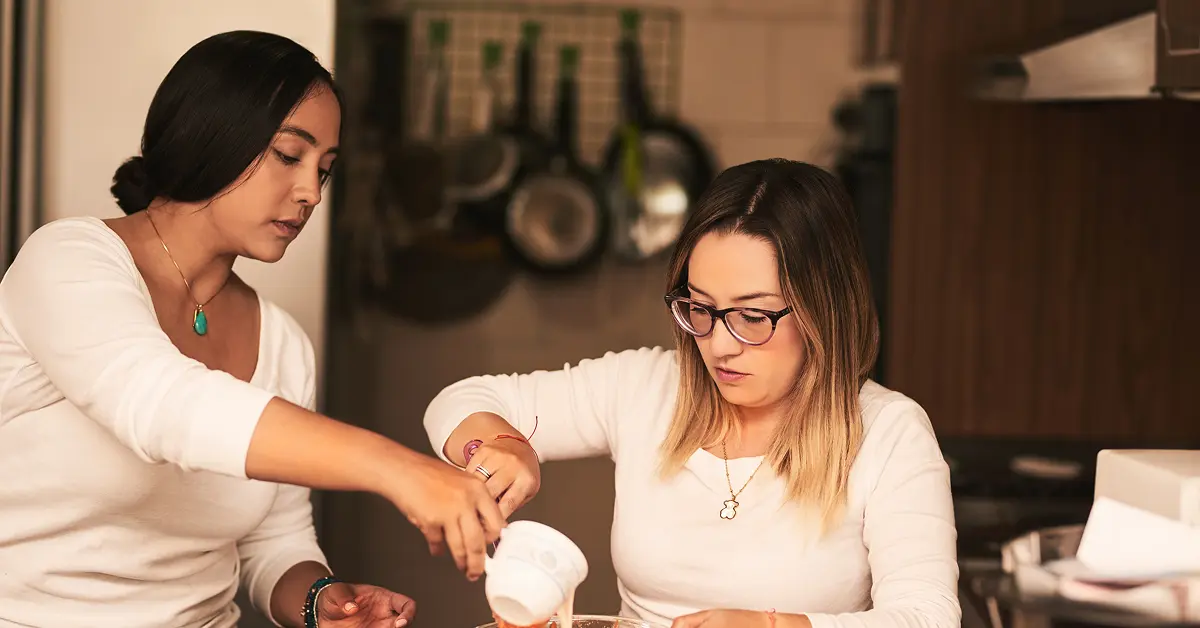As more families in India turn to in-home care solutions for elderly and chronically ill loved ones, the need for personalised care routines becomes essential. No two individuals are the same — especially when it comes to health conditions, mobility levels, emotional needs, and lifestyle preferences. This is where professional caregivers come in. Their training and compassionate approach allow them to create tailored routines that ensure optimal comfort, safety, and wellbeing of the care recipient.
In this blog post, we will explore how professional caregivers in India develop and maintain personalised care plans, the factors they consider, and why it makes a major difference in the quality of life of those under care.
Why Personalised Care Routines Matter
Generic care routines often fall short of addressing the specific needs of Patient Care What works for one may not work for another. Some seniors may struggle with dementia, while others might be recovering from surgery or managing arthritis. A personalised care plan ensures:
- Better health outcomes
- Emotional stability
- Increased independence
- Reduced stress for family members
- Improved patient satisfaction
When care is customised, it respects the individual’s preferences, habits, and limitations, making daily life smoother and more dignified.
Steps Caregivers Follow to Build a Personalised Routine
Initial Assessment and Care Needs Evaluation
Every personalised care plan starts with a detailed assessment. Professional caregivers, often in coordination with nursing staff or care coordinators, review:
- Medical history and current conditions
- Medication schedules
- Daily routine and mobility limitations
- Mental and emotional health
- Personal preferences for food, hygiene, and activities
This step helps determine what kind of support is needed—whether it's assistance with bathing, managing diet, taking medicines, or simply companionship.
Consultation with Family and Doctors
Input from family members and healthcare providers is essential. They offer insights into behavioural patterns, past medical challenges, and specific routines that the patient prefers. For example:
- Does the elder wake up early or sleep late?
- Are there specific religious or cultural rituals to observe?
- Has the doctor recommended timed medication or physiotherapy?
This collaborative approach ensures the care plan is aligned with clinical requirements and emotional preferences.
Structuring a Daily Care Schedule
Once the assessment is complete, the caregiver helps design a structured daily routine that strikes a balance between health management and personal comfort. A sample schedule could include:
- Morning hygiene support
- Preparing a specific diet as per health condition
- Medication reminders
- Mid-day rest and light indoor activities
- Evening walks or physiotherapy exercises
- Night-time routine with emotional support or reading
Routine brings consistency and calm, especially for elders dealing with memory issues or anxiety.
Monitoring and Adjustment
A good care routine isn’t static. Caregivers track progress and modify routines as needed:
- Is the patient responding well to new meals?
- Are there side effects from medication?
- Is mobility improving or declining?
- Are new symptoms developing?
Regular updates to the family and doctors help tweak the plan accordingly. This flexibility is crucial to ensure the routine always remains relevant to the patient's current condition.
Incorporating Mental and Emotional Care
Professional caregivers also focus on mental and emotional wellbeing. Loneliness and depression are common among ageing individuals and those confined to bed. Personalised care routines may include:
- Talking and listening sessions
- Storytelling or devotional music
- Puzzles, games, or hobbies
- Support during religious activities
- Celebrating birthdays or festivals
This emotional attention helps build trust and companionship, which is equally as important as medical care.
Personalised Care in Indian Context
In India, family values and traditions play a big role in caregiving. Care routines often need to include:
- Traditional meal preparations (low spice, soft foods, sattvic diets)
- Language and cultural understanding (Hindi, Tamil, Bengali, etc.)
- Respect for religious timings (puja, fasting days)
- Adjusting for household dynamics, where the elder lives with children and grandchildren
Professional caregivers trained in Indian households understand these nuances, ensuring the care plan respects both medical and cultural dimensions.
Benefits of Personalised Care with Professional Help
Hiring a trained caregiver rather than relying solely on family members brings several advantages:
Expertise in Care Tasks
From wound dressing to patient lifting, caregivers are trained to handle the physical aspects safely.
Consistency and Reliability
Unlike family members who may have work or travel commitments, caregivers follow a consistent schedule, which brings routine and reliability.
Reduced Family Stress
Family members can focus on their responsibilities without guilt, knowing their loved one is under professional care.
Improved Recovery or Health Maintenance
A structured care routine increases adherence to medications, diet, and physiotherapy, improving long-term health outcomes.
Tips for Families to Support Personalised Care Routines
Even with professional help, family involvement improves outcomes. Here's how you can support:
- Keep communication open with the caregiver
- Share patient likes/dislikes and small details
- Be open to routine adjustments as health changes
- Encourage bonding between the elder and caregiver
- Appreciate the caregiver’s efforts regularly
When the family and caregiver work together, the care recipient feels more secure and valued.
Conclusion
Creating a personalised care routine is not just about medication and meals—it’s about building a life of dignity and ease for someone in a vulnerable stage. Professional caregivers bring experience, empathy, and structure to care routines, helping patients and elders live better at home.
In India, where family ties run deep, personalised caregiving solutions blend the warmth of home with the precision of professional healthcare. Whether you're caring for an ageing parent or a post-surgery patient, investing in customised care is one of the best ways to ensure long-term comfort, safety, and happiness.
Looking for professional caregivers in India who build personalised routines? Choose a care service that understands Indian values, medical needs, and emotional wellbeing to provide truly customised support for your loved ones.
Contents
Our 24*7 services
Latest Posts
- What Is Respite Care and Why Is It Important
- Affordable home care for senior citizens in India
- Caring for Seniors with Dementia or Alzheimer's at Home
- Senior Caregiving A Guide for Every Family
- How to Write a Caregiver Resume That Gets You Hired
- How Care After Hospital Discharge Speeds Up Recovery at Home
- How to Get Home Health Care for Seniors Through Medicare
- What Does a Senior Citizen Caregiver Really Do at Home
- How to Care for Elderly Parents with Alzheimer’s or Dementia
- How to Get 24-Hour Care for Seniors at Home



